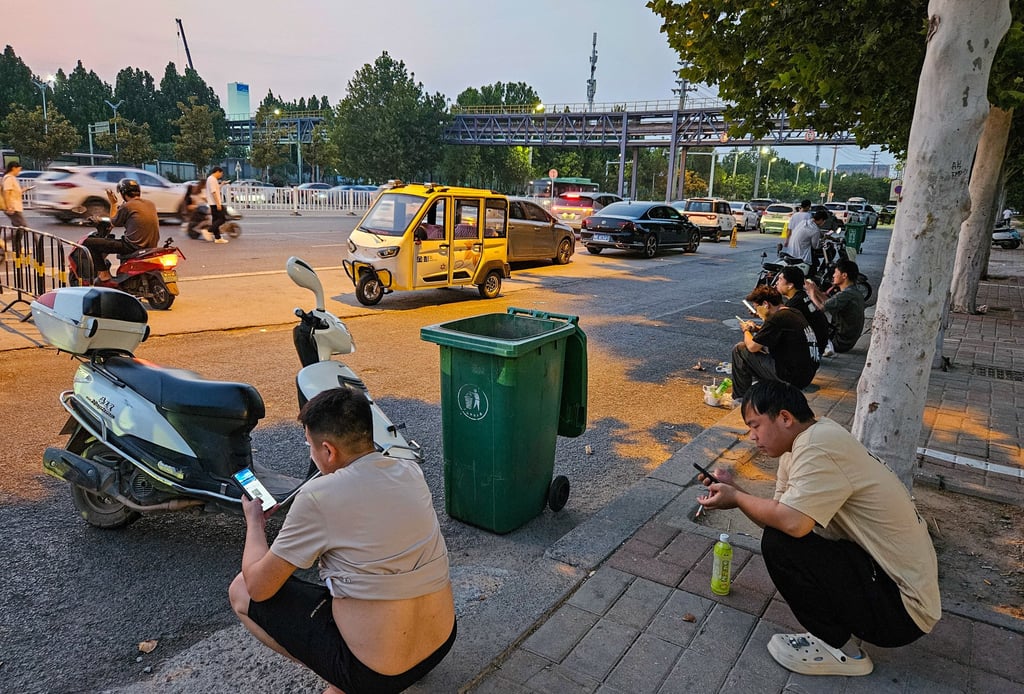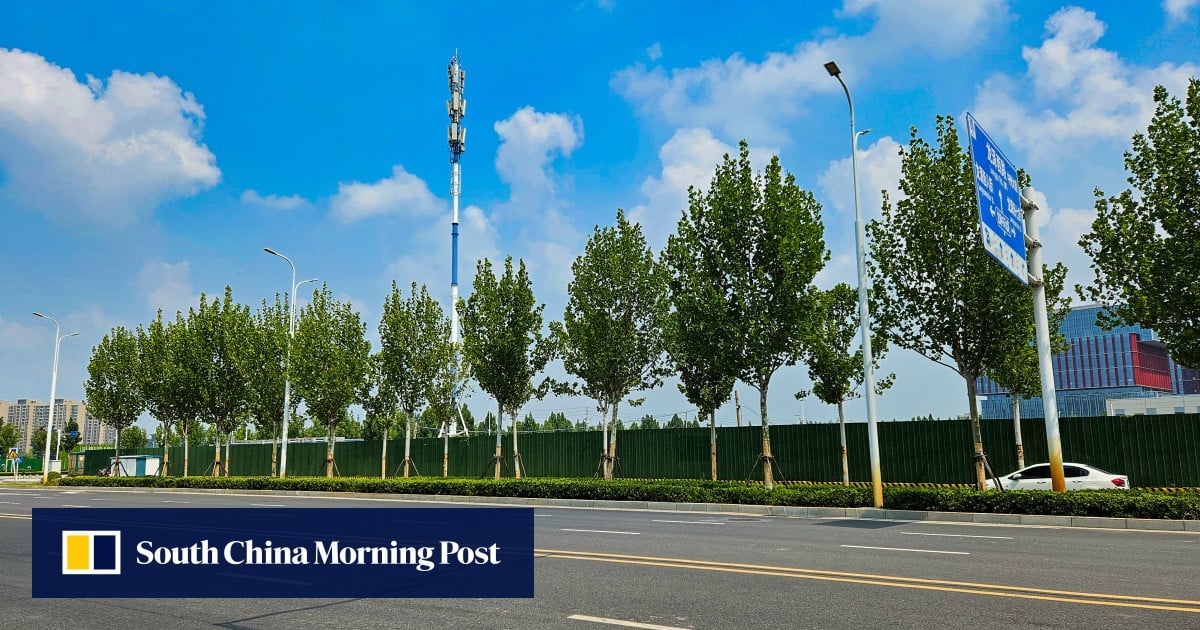The world’s largest iPhone factory, in the central Chinese city of Zhengzhou, is offering higher bonuses to attract workers needed for its busy season ahead of the launch of new models from Apple, but it is “not what it used to be”, according to workers and labour agents at the site.
The Foxconn Technology Group compound in Zhengzhou, capital of central Henan province, is closely watched as a gauge of whether China can maintain its role in the global supply chain. A recent visit to the site found that the factory has lost some of its momentum, as major customer Apple has been shifting production to countries like India. According to local residents, the dramatic disruptions in late 2022 when thousands of Foxconn workers fled the factory in fear of draconian Covid-19 control measures, also dealt a heavy blow to the role of the factory.
Multiple workers, hiring agencies and small business owners told the South China Morning Post that the number of workers, which reached nearly 300,000 in the peak season, has significantly dropped since the 2022 unrest, which prompted Apple to warn of iPhone shipment delays that Christmas season.
Taiwan-based Foxconn, formally known as Hon Hai Precision Industry, did not disclose details on its current production and employment at Zhengzhou.
In a statement issued to the Post on Tuesday, the company said it has invested a lot in automation and digitalisation that has “improved efficiency and production”, adding that “quality, not just quantity, of employment is an important gauge of staying competitive and moving up the value chain.”

A man surnamed Gao, in his mid-50s, said he makes roughly 200 yuan per day (US$28) offering workers rides on an electric tricycle, which is half of what he earned before the unrest. A man surnamed Ye, who worked at the factory in 2022 and returned recently, said “Foxconn isn’t what it used to be”, adding that the streets are much quieter now.
Ye, who fled the factory during the 2022 unrest, returned earlier this month as a contractor who will receive a bonus of 7,500 yuan (US$1,047) for three months work, on top of a monthly wage of 2,100 yuan. Ye said he was tempted by the bonus, which is typically offered by Foxconn during peak production season.
According to recruitment ads posted by hiring agencies, the bonus was raised to 6,000 yuan in early July compared with 4,000 yuan offered in March. For temporary workers, their hourly wage has increased to 25 yuan from 24 yuan in July and 22 yuan in March, according to the job postings.
A hiring agent surnamed Zhang said the production activity in Zhengzhou is getting less busy because Apple has been moving labour-intensive jobs to India.
Foxconn has rapidly expanded its presence in India. Last week, company chairman Liu Young-way met Indian Prime Minister Narendra Modi, unveiling new investment plans. The South Asian country is projected to handle up to 50 per cent of total iPhone production capacity by 2027, according to Taiwan-based DigiTimes Research.

The impact was already visible in official data. Total export of smartphones from Henan dropped more than 47 per cent to 1.4 million units in the first half of the year, according to official customs data.
Despite the supply chain moves, Foxconn is maintaining its commitment to Zhengzhou. About 40 kilometres away from the iPhone manufacturing hub, the company’s “new business headquarters” is under construction. The 70,000-square-metre site, costing 1 billion yuan, will be responsible for new sectors including electric vehicles, semiconductors and robotics.
When Foxconn’s chairman visited Zhengzhou in July, he said the company “attaches great importance to cooperation with Henan” and promised to “continuously be deeply rooted” in the province.

